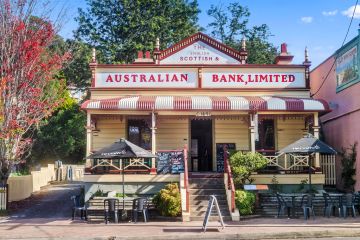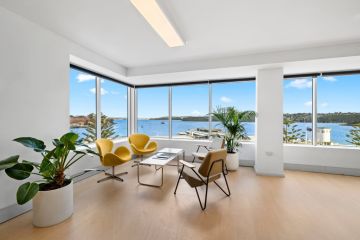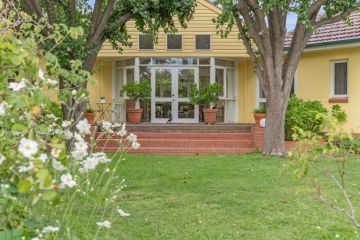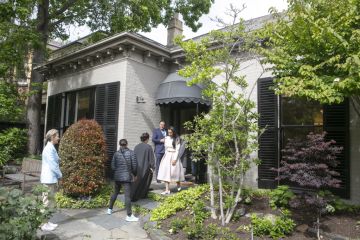Dwelling prices tipped for double-digit gains in Sydney, Melbourne: report
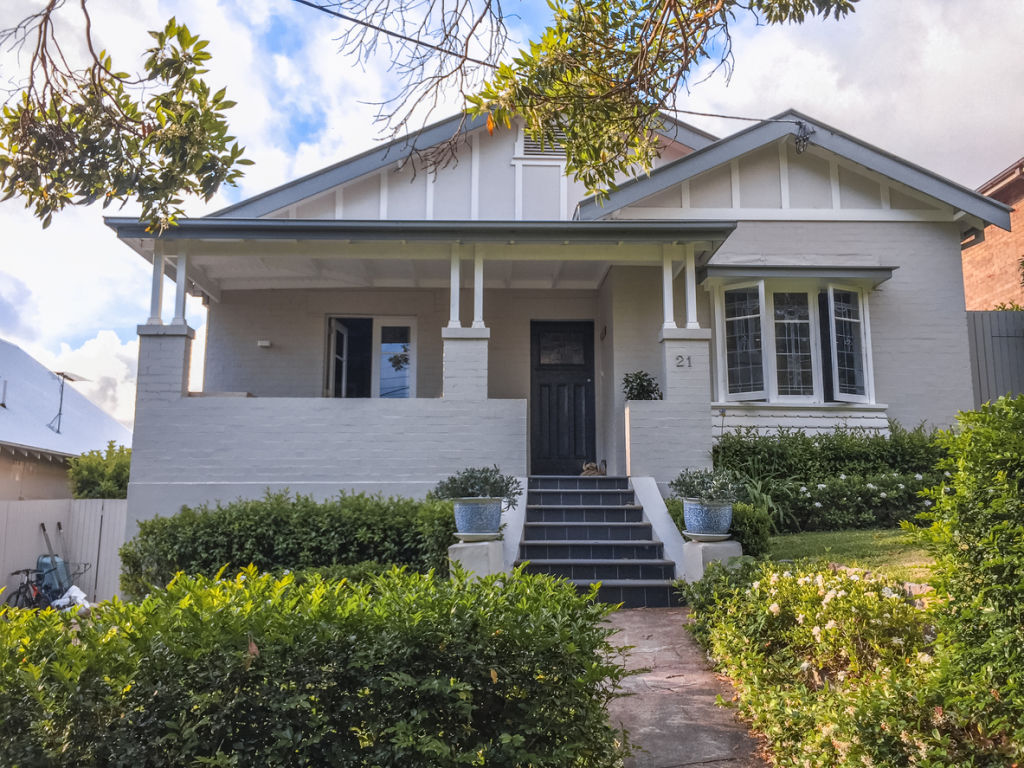
Dwelling prices in Melbourne could rise by 15 per cent next year and Sydney could jump 14 per cent amid strong population growth and cheap credit, new research predicts.
Other capital cities could also get a boost, with prices in Brisbane, Canberra, Hobart and even Perth tipped to lift, according to SQM Research.
The forecasts come as housing sentiment picked up sharply in the wake of the clear federal election result, three cuts to the cash rate and a move by bank regulator APRA to let home buyers borrow more money.
“These are strong numbers, no doubt about that,” SQM founder and managing director Louis Christopher told Domain.
“[But] we’re not predicting something which has never happened before.”
He made note of strong population growth and relatively strong local economies in Melbourne and Sydney, on top of the interest rate cuts and easier credit.
Two days after the federal election result that put an end to the prospect of changes to negative gearing tax breaks for now, APRA flagged it would scrap rules making banks stress-test potential borrowers against a minimum interest rate of at least 7 per cent. Instead, lenders only have to check buyers can pay back an interest rate at least 2.5 percentage points higher.
 Australia's remarkable property price turnaround: National house prices regain a third of losses in past two years
Australia's remarkable property price turnaround: National house prices regain a third of losses in past two years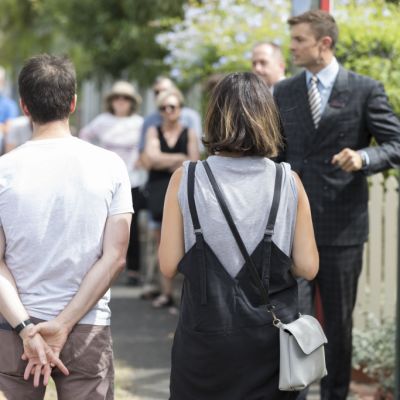 More Australians feel positive about the housing market, but younger buyers face an affordability barrier
More Australians feel positive about the housing market, but younger buyers face an affordability barrier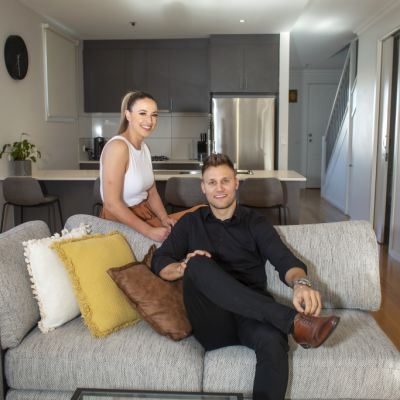 Melbourne house price rises ‘disheartening’ for first-home buyers, FOMO could rear its head again
Melbourne house price rises ‘disheartening’ for first-home buyers, FOMO could rear its head again
Prices have jumped since, with Sydney’s median house price up 4.8 per cent in the September quarter and Melbourne up 4.1 per cent, according to Domain figures.
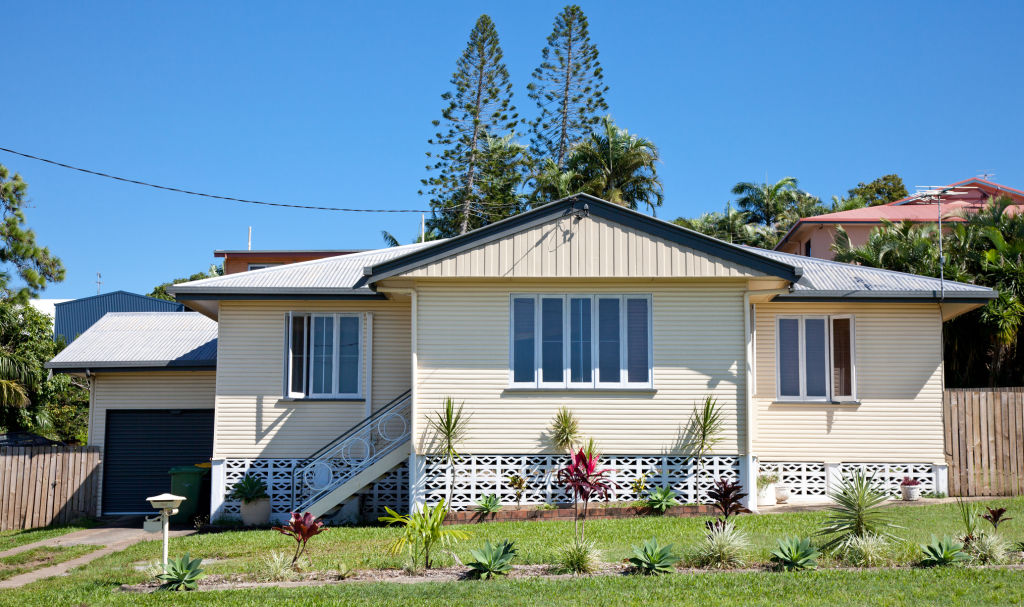
“Prior to the May election, the market was pricing in, or was quite concerned about, increased property taxes through increased capital gains tax and changes to negative gearing,” Mr Christopher said.
“[Afterwards] the outlook was suddenly a lot more positive for the market … on top of that we had cuts in interest rates, APRA loosening credit conditions.
“This is the reason why we’re quite bullish on the two cities.”
He expects Sydney dwelling prices to rise between 10 and 14 per cent over 2020 and Melbourne to add 11 to 15 per cent, but does not expect growth to continue at this pace beyond next year.
“Both these cities have bottomed out and are rising from an overvalued point,” he said, adding that if the forecasts proved correct housing affordability would deteriorate next year.
His assumptions include that the cash rate stays on hold, the economy recovers and APRA does not intervene again until at least late 2020.
In this case, Hobart prices are set to rise 5 to 8 per cent, with Canberra up 3 to 7 per cent, Brisbane up 3 to 6 per cent, Adelaide up 1 to 4 per cent and Perth up 3 to 6 per cent.
Only Darwin would keep falling, by between -5 and -2 per cent, as its economy continues to struggle.
“When you cut rates and you make credit easier to access, that’s very much a macro tool that affects the whole country to an extent,” Mr Christopher said, adding that Perth would benefit from increased mining investment.
If the cash rate drops once more and the economy remains stable, prices could rise even more, by 12 to 17 per cent in Melbourne and 11 to 16 per cent in Sydney.
But if the economy weakens and the cash rate falls to zero, price growth could be much more modest, between flat and a 4 per cent rise for both Sydney and Melbourne, he predicts.
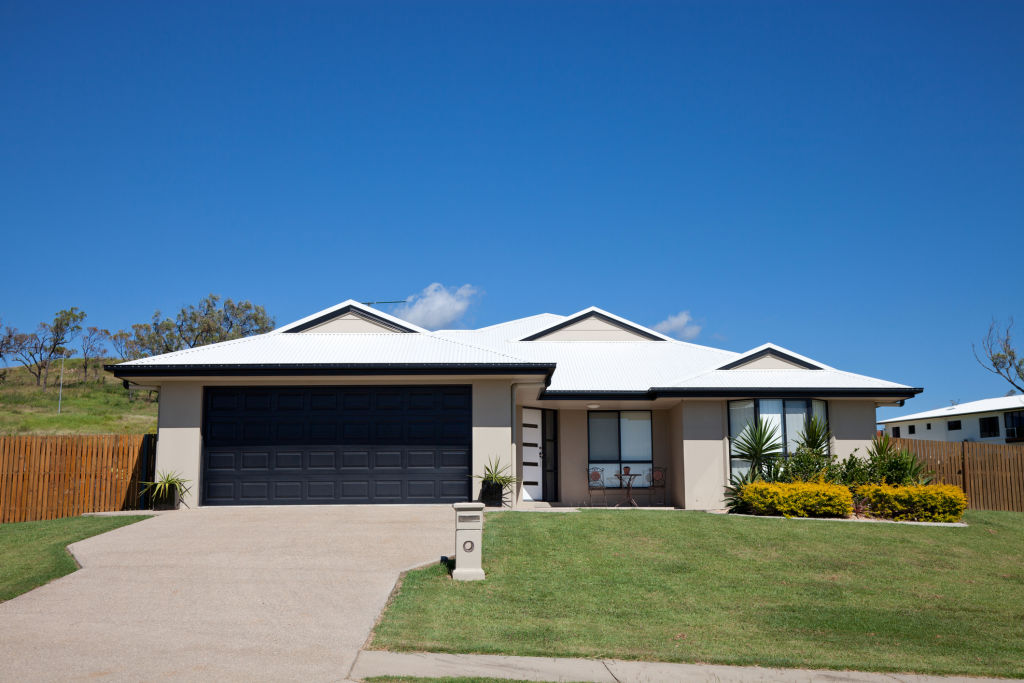
Elsewhere, ANZ research found housing affordability looks “much healthier” than a few years ago but warned potential home buyers are set to face a challenge in getting into the market as prices rise once more.
Around the country, the ratio of dwelling values to household incomes reduced from its high of seven times in March 2018 to 6.5 times at the end of June this year, the lowest since December quarter 2013, ANZ said.
But it would still take a typical household 8.6 years to save a 20 per cent deposit, based on saving 15 per cent of gross annual income.
ANZ senior economist Felicity Emmett said Sydney and Melbourne are still expensive compared to many international cities, given their low-density dwellings and high concentration of Australia’s population.
“The biggest improvements you’ve seen in affordability have been in Sydney and Melbourne because that’s where prices have been falling,” Ms Emmett said.
“The strongest price gains over the past few months have been in Sydney and Melbourne as prices catch up and rebound.”
She backed the federal government’s First Home Loan Deposit scheme and state government work on improving transport links, but said improved supply of housing and better income growth would help boost affordability.
We recommend
States
Capital Cities
Capital Cities - Rentals
Popular Areas
Allhomes
More


